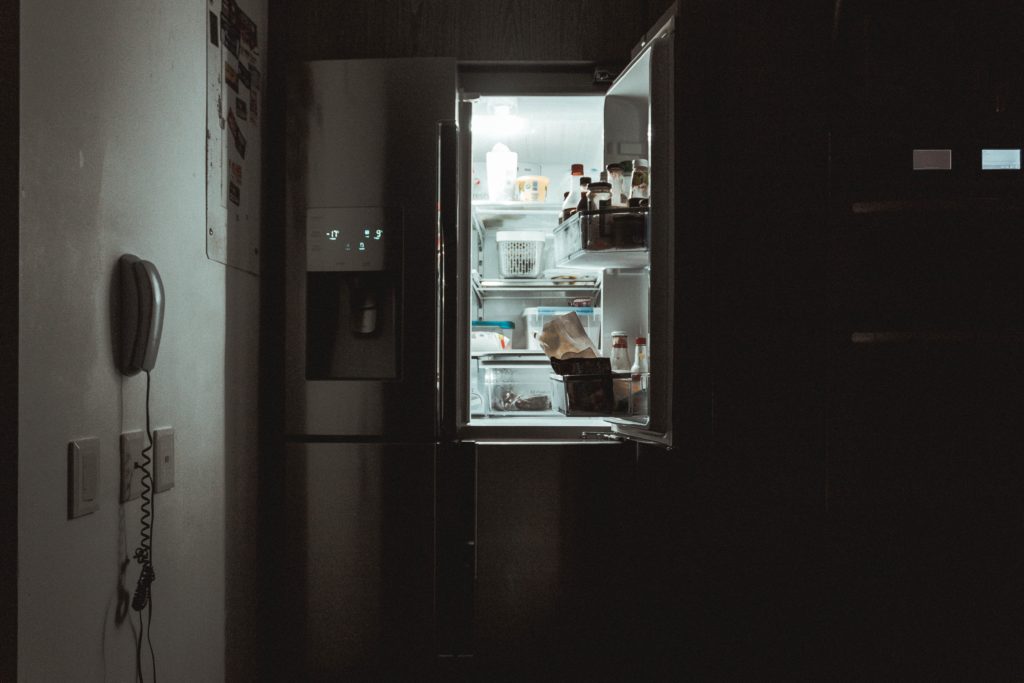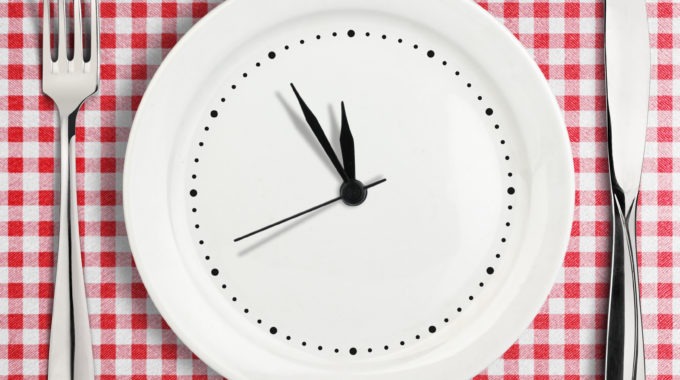Dinner bell: eat late, gain weight.
If you tend to put off eating dinner until late in the evening, you may be more likely to gain weight. Being a late-night nosher can also mess with your blood sugar levels. This is according to a new study published in the Journal of Clinical Endocrinology & Metabolism.
More than 2.1 billion adults worldwide are now estimated to be overweight or obese. This isn’t just an issue when it comes to fitting into last year’s skinny jeans. Being overweight can make some health complications, like type 2 diabetes and high blood pressure, more likely. Some studies suggest that consuming calories later in the day is associated with obesity and metabolic syndrome. This is a collection of risk factors such as high blood pressure, high blood sugar, high cholesterol and weight gain around the mid-section. Metabolic syndrome raises your risk of heart disease, diabetes and stroke.
This latest study has shed some new light on how eating a late dinner can worsen your glucose tolerance and reduce the amount of fat you burn.
“If the metabolic effects we observed with a single meal occur chronically, late eating could lead to consequences such as diabetes or obesity,” says researcher Dr Jonathan Jun.

All in the timing
The researchers studied 20 healthy volunteers to see how they metabolised a dinner eaten at 10pm compared to 6pm. The volunteers then all went to bed at 11pm. The researchers found that blood sugar levels were higher and the amount of ingested fat burned was lower with the later dinner, even when the same meal was provided at the two different times.
On average, the peak glucose level after a late dinner was about 18 percent higher. The amount of fat burned overnight decreased by about 10 percent compared to early diners.
“Effects seen in healthy volunteers might be more pronounced in people with obesity or diabetes, who already have a compromised metabolism,” says researcher Dr Chenjuan Gu.









